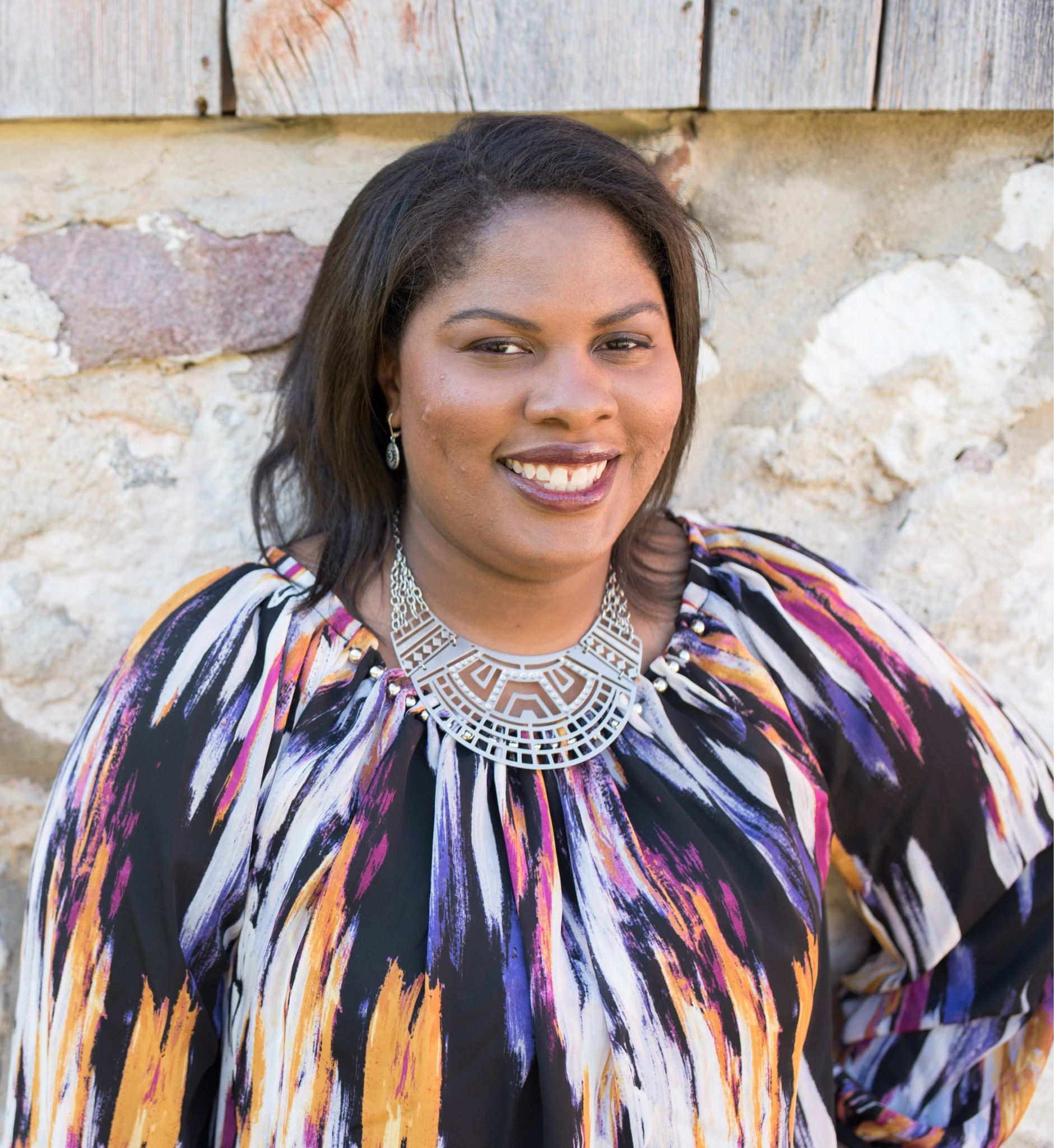We caught up with the brilliant and insightful Autumn Maria Reed a few weeks ago and have shared our conversation below.
Autumn Maria, thanks for taking the time to share your stories with us today Can you talk to us about how you learned to do what you do?
I’ve always had a passion for music, ever since I was a little girl! There was just something magical about those animated musicals, whether I was catching them in the theaters or on TV. My favorites were all the Disney movies in the 1990s and The Simpsons.
In elementary school, took piano lessons and joined my school’s strings program, which was so much fun! I loved being able to play the theme songs from those shows. My strings teacher, Ms. McCarty, gave my class an assignment to compose a short song. That’s when I became hooked! From youth until now, I learned to play piano, recorder, violin, bass (upright and electric), cello, guitar, ukulele, percussion and dabbled extensively in soprano sax and drums dabbled moderately (but not proficiently) in flute and trumpet.
Among my many regrets is not learning the tuba in fifth grade. When this opportunity came, I found out that I’d have to go to summer school in order to learn. Now, as a composer and orchestrator, I still feel a little in the dark with brass instruments.
However, the willingness to learn is the most essential skills to becoming a composer and orchestrator. A close second skill is to be patient with yourself and others. Music, like all art forms, are for humans and the human experience. If you can’t get along well with other humans, why do art?
To become a great composer and orchestrator, you’ll want to pick up piano and another instrument, and learn to read and notate sheet music. Next, enroll in university-level music theory and part-writing classes. This may be boring, but it’s the fundamental. But, balance this out with classes on contemporary music like rock and hip-hop. You’d be surprised how classical music overlaps with pop! For orchestrations, learn about musical instruments you don’t play, including vocal music! It’s all about building a well-rounded skill set that will really enhance your musical journey!
One of the main challenges we face in education across all fields is finding enough funding and having access to mentorship. Education is the key to freedom and success. I was fortunate to graduate summa cum laude from Berklee College of Music. What I learned has elevated my career as a composer, orchestrator, producer, musician, and educator. Unfortunately, many people don’t value education, let alone music education. Educators, who often act as mentors, deserve more pay and funding. At the university-level, there is an unreasonably high paywall here in the USA. I’m not asking anyone to work for free, AND anyone regardless of their socio-economic status should be able to afford tuition.
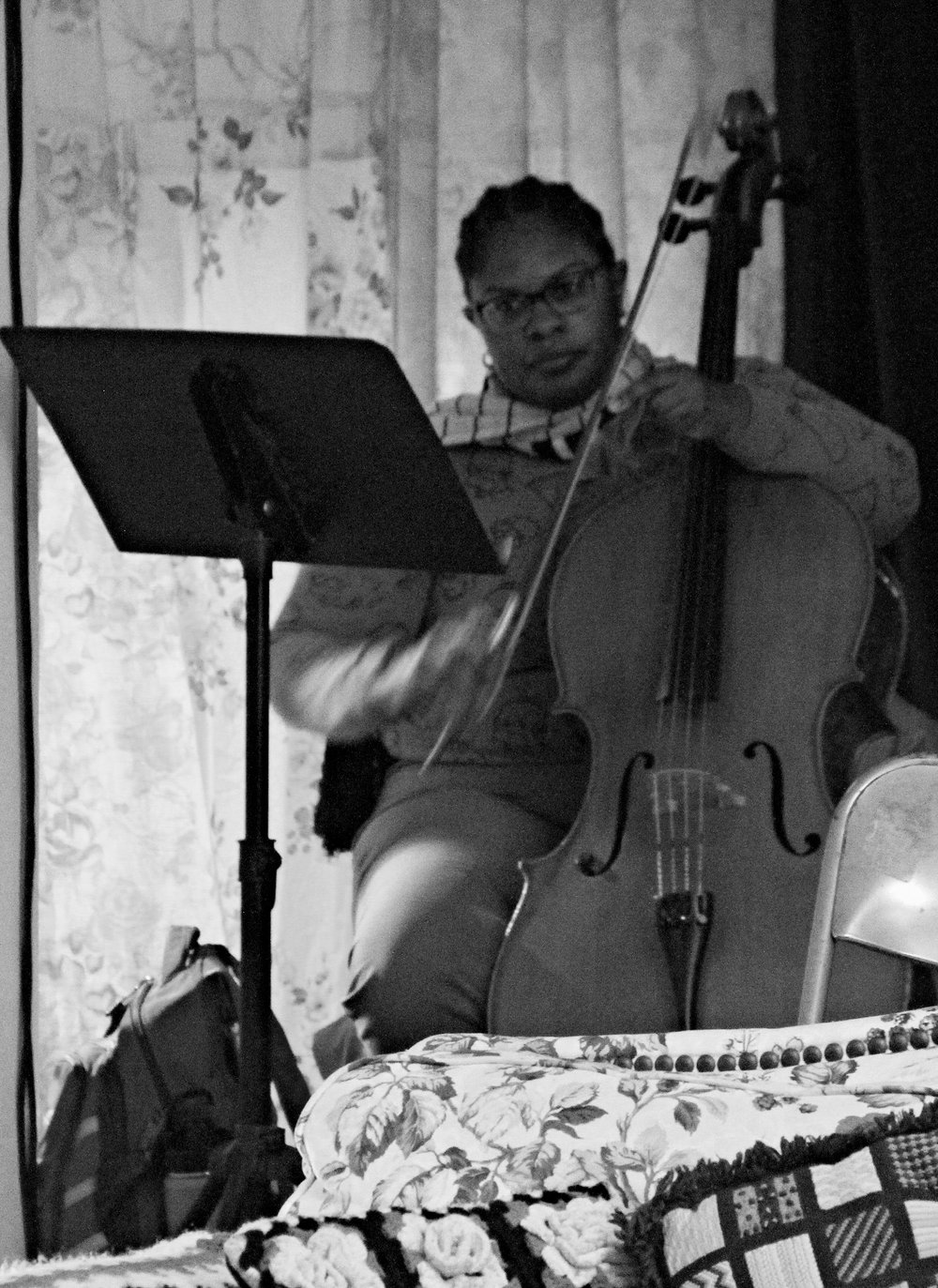
As always, we appreciate you sharing your insights and we’ve got a few more questions for you, but before we get to all of that can you take a minute to introduce yourself and give our readers some of your back background and context?
I grew up in Madison, Wisconsin, USA. For many years, I struggled to connect with my peers because I’m an intersectional minority. There are a lot of stereotypes about Black and Brown women in the music industry. On top of that, I live with mental illness. Having these lived experiences forces me to be patient and tolerant of others who aren’t like me (and that’s most people in the USA.)
Eventually, I moved to the greater metropolitan area of Milwaukee, Wisconsin, USA. I still felt like I couldn’t connect with other musicians. Until one day during the global pandemic, I joined as an upright bassist (and occasional cellist) for the Black String Triage Ensemble and Black Diaspora Symphony Orchestra, both led by Dayvin Hallmon. This ensemble plays string music after tragic incidents affecting disproportionately Black and Brown communities in Milwaukee to keep the peace. There is a PBS-distributed documentary about this ensemble by filmmakers Marquise Mays and RJ Smith.
Being a part of this ensemble has inspired me to be and do better, when it comes to create music. Unfortunately, I’ve met MANY musicians of ALL genres who treat their musical careers like a competition, and in turn, behave petty and cruel. I don’t like that, so I try to be approachable for everyone. What I’ve been told is that people who don’t necessarily play an orchestral musical instrumental can listen to my music.
I hope to continue to marry orchestral music and mental wellness. Some of my compositions titles reflect this: “A Beacon of Hope”, “Resilience”, and “Mental Health Suite: The Persistent Past & The Fearful Future.” I participated in a joint musical collaboration for Black Diaspora Symphony Orchestra with Milwaukee poet Brit Nicole, soprano Michaela Usher, and choral director, “Cries from OUR Soil” about the tragedies against the Black community in Milwaukee.
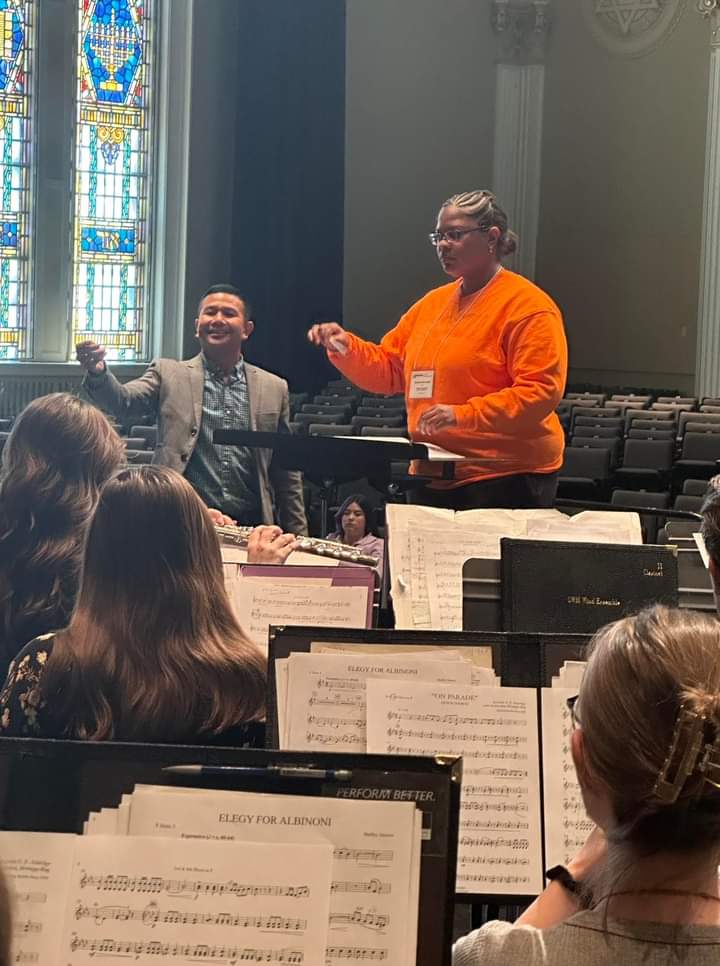
We’d love to hear your thoughts on NFTs. (Note: this is for education/entertainment purposes only, readers should not construe this as advice)
I used to think that they were a good idea, but not anymore.
I’ve read about issues with the high-energy cost to the environment.
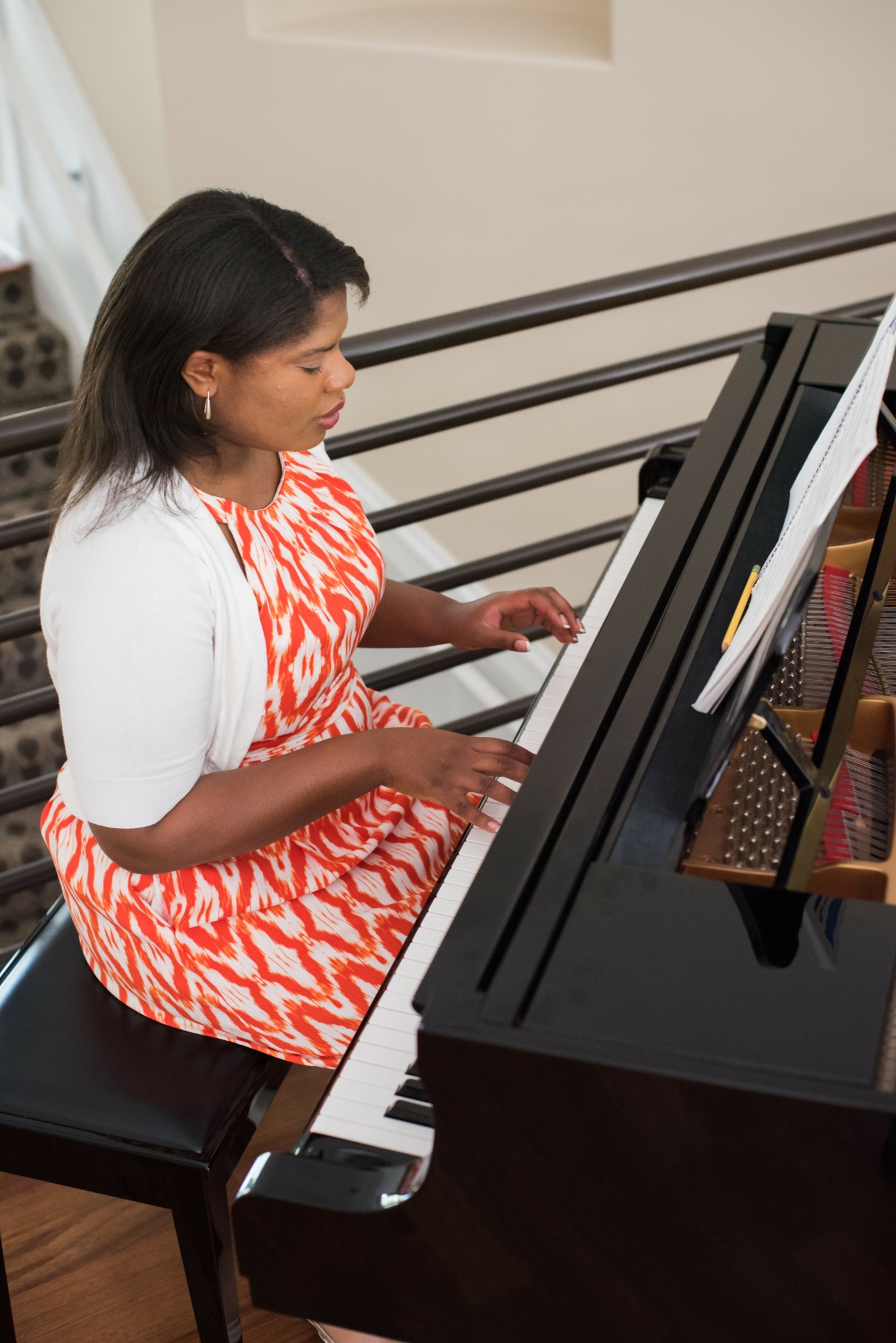
Have you ever had to pivot?
I have numerous setbacks over the years, especially imposter syndrome and naysayers.
To combat this, I made a list of awesome things that I’ve done.
I update and re-read it whenever I feel low.
Some musicians have displayed a heightened sense of competition regarding their music careers, which has occasionally resulted in unconstructive remarks towards others. But as time moves on, these musicians must “face the music”, take responsibility for their actions. They are labeled as being difficult to work with. We live in a tech-savvy world. As one of my Berklee professors told my class that this is a small industry and word travels fast.
Contact Info:
- Website: https://amreed8.com
- Instagram: https://instagram.com/amreed8
- Facebook: https://facebook.com/iamreed8
- Linkedin: https://www.linkedin.com/in/amreed8/
- Youtube: https://youtube.com/amreed8
- Soundcloud: https://soundcloud.com/amreed8/

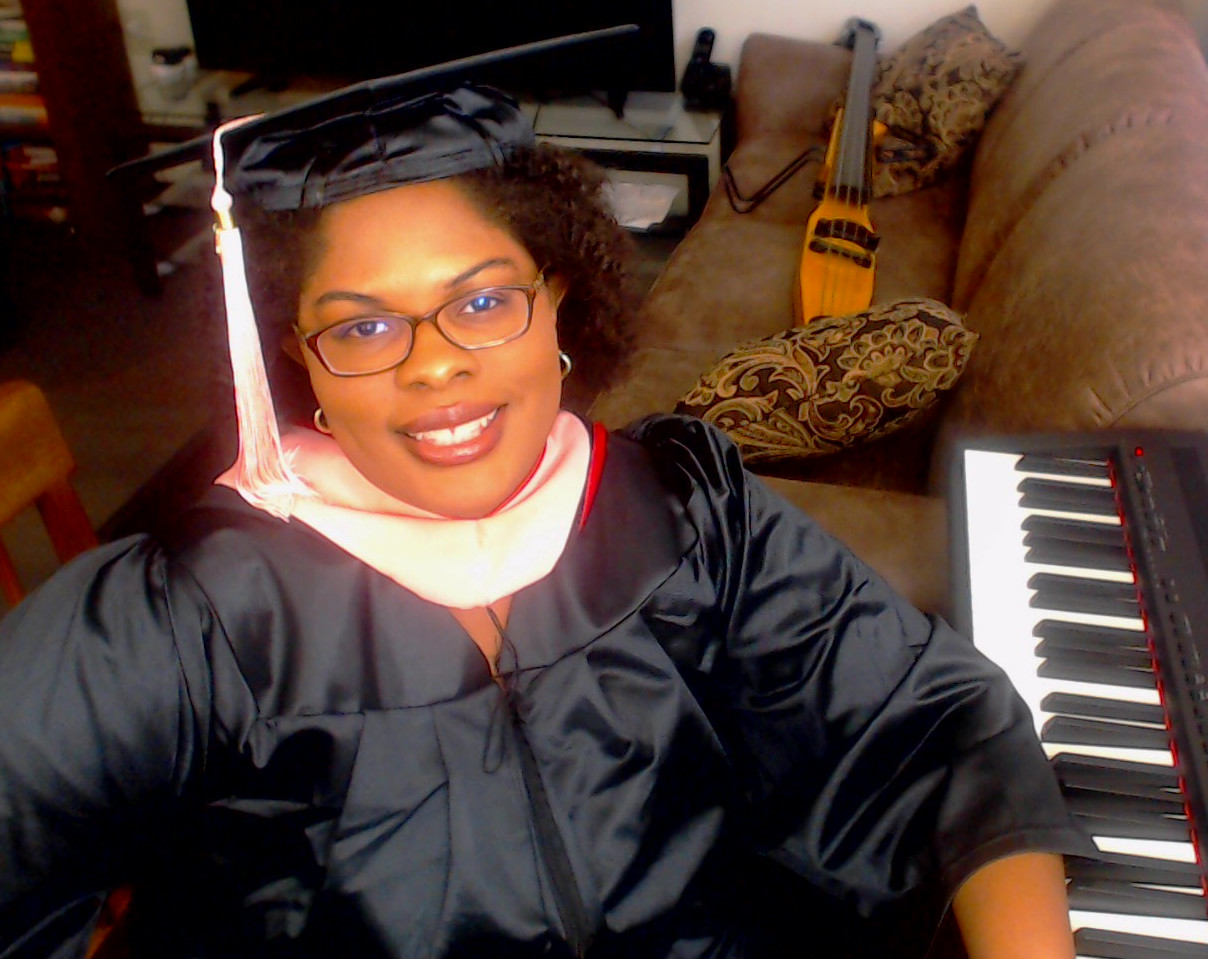
Image Credits
Main Headshot AND Piano Photo by Michelle Kujawski.
Black/White Cello Photo by Gina M. Gomez.
Conducting Photo from UW-Milwaukee. Photographer Unknown.
Group Photo from ROCO. Photographer Unknown.
Graduation Photo by Autumn Maria Reed.


